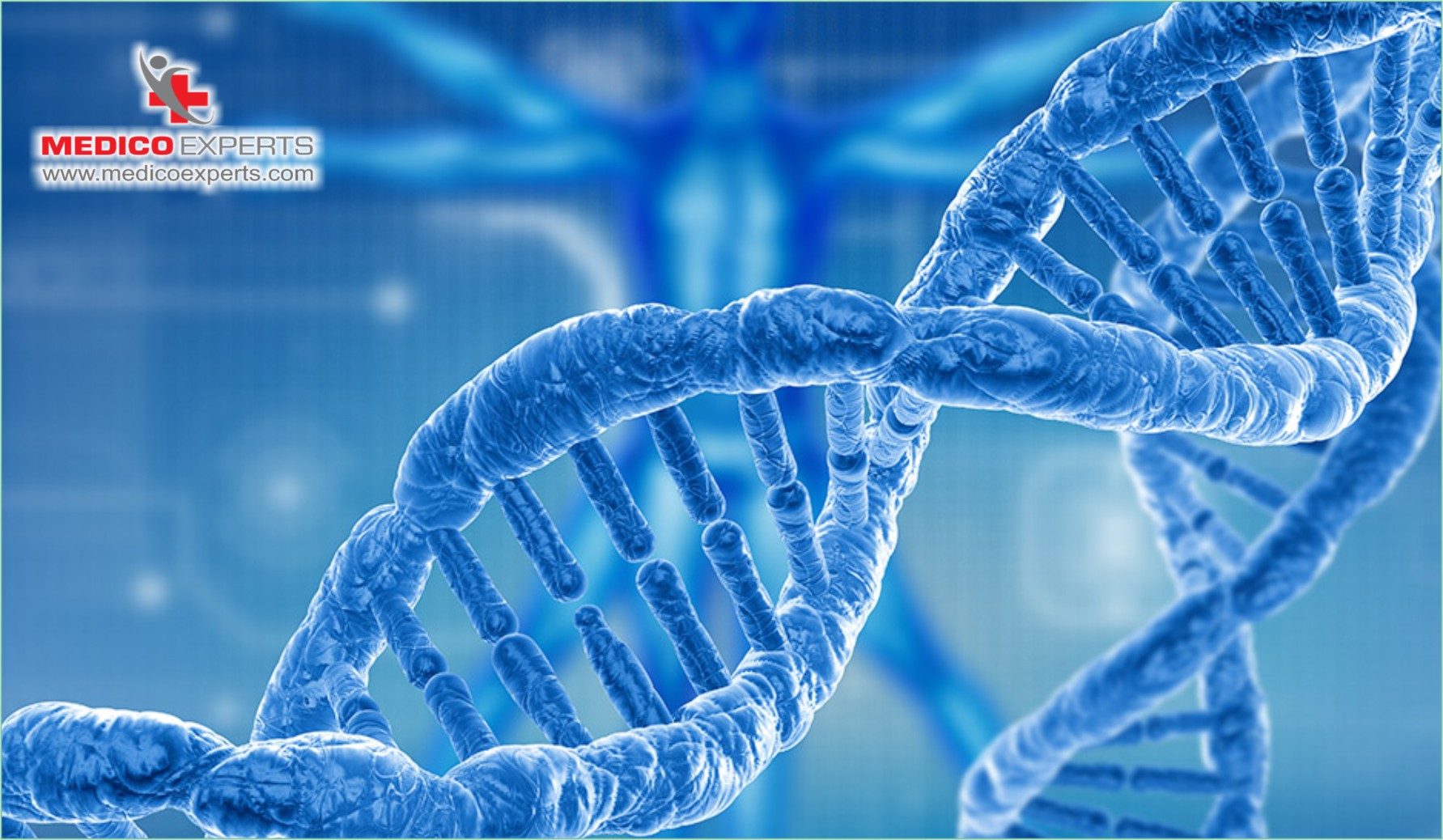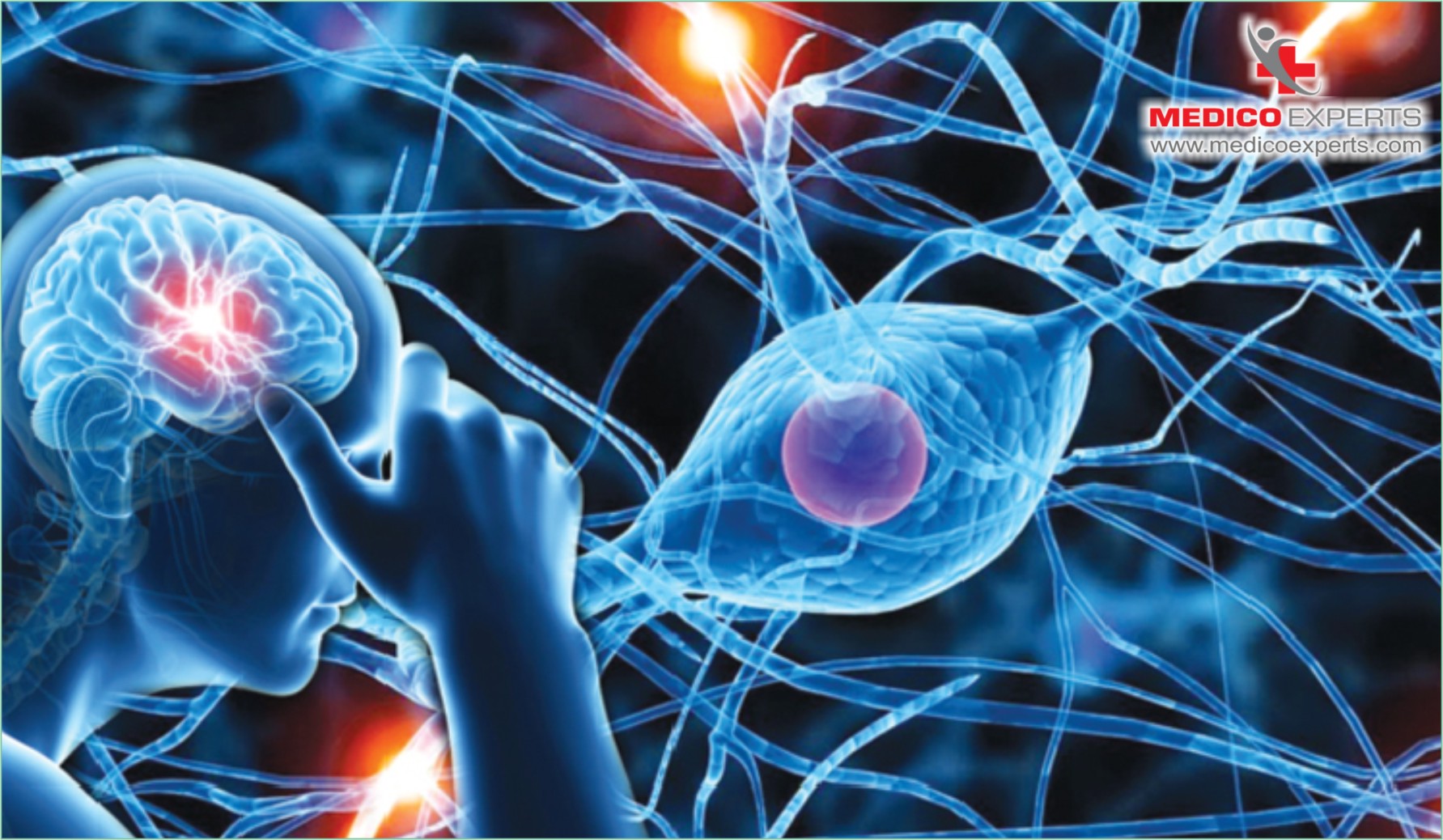Causes and Risk Factors of Autism: What You Should Know
Autism Spectrum Disorder (ASD) is a complex condition that is caused by genetic and environmental factors. Research shows how genes, prenatal conditions, and environmental exposures may contribute to autism. Learning about these causes and risk factors of autism will help you understand the influences behind ASD and support early awareness.
What are the Causes of Autism Spectrum Disorder (ASD)?
ASD does not have a single known cause. As said above, it is a complex condition with many causes. Let’s learn about them:
Genetics
Different genes play a role in autism spectrum disorder (ASD). ASD is linked to specific genetic conditions, like Rett syndrome or Fragile X syndrome in some children. Genetic mutations may increase the risk of developing autism for others.
Some genes can influence brain development, impact how brain cells communicate, or even affect symptom severity. While some of these genetic changes are inherited, others happen spontaneously.

Environmental Factors
As per the National Institute of Environmental Health Sciences (NIEHS), some environmental influences may increase the risk of autism. Here are the risk factors stated by NIEHS:
- Parents’ advanced age
- Mother’s health issues like diabetes, obesity, or autoimmune diseases
- Prenatal exposure to air pollution and pesticides
- A birth complication that deprives the baby’s brain of oxygen for some time
- Premature birth or very low birth weight
- Viral infections like zika virus, rubella, cytomegalovirus, herpes simplex virus, Influenza virus, or varicella-zoster virus. These infections can affect the brain during critical periods of development.

Neurological Causes
Children with cerebral palsy have a higher risk of developing autism. Cerebral palsy is a neurological disorder that affects a person’s ability to move, balance, and maintain posture.

What are the Risk Factors for Autism?
The following factors increase the risk of developing autism:
- Boys have four times more risk of developing ASD than girls
- Family history is another risk factor. Families with one autistic child are at higher risk of having another child with ASD
- Preterm babies are at risk of ASD
- Having a sibling with ASD
- Having a genetic condition like tuberous sclerosis
- If parents are aged, the child is at risk
- Experiencing complications during birth
- Parents born before 26 weeks of gestation

Takeaway
Knowing the causes and risk factors of autism will help you take all necessary precautions to support early detection and seek timely interventions. Moreover, creates a nurturing environment that fosters development and learning for children at risk.
Frequently Asked Questions (FAQs):
Q1. Who has a high risk of autism?
A. Children with a family history, genetic conditions, birth complications, and aged parents are at high risk of autism.
Q2. What are the risk factors for autism in pregnancy?
A. Some risk factors for autism during pregnancy are the mother’s health, nutrition they are getting, exposure to air pollution and pesticides, and birth complications.
Q3. How to reduce the risk of autism?
A. You can reduce the risk of autism by living a healthy lifestyle, eating well, avoiding smoking, getting vaccinated, avoiding airborne chemicals, and staying relaxed.
Q4. Is autism genetic from the mother or father?
A. As per a study, autistic children share more of their father’s genome and not their mother’s.
Q5. What is the root cause of autism?
A. There are different causes of autism the root causes are genetics and environmental.
Q6. What is the biological cause of autism?
A. The biological causes of autism spectrum disorder (ASD) are related to several genetic factors. Different genes are involved and they contribute to the disorders. For some children, ASD may happen alongside genetic disorders like Rett syndrome or Fragile X syndrome. In other cases, specific genetic mutations or spontaneous changes in DN may increase the risk of developing ASD, even if there’s no associated syndrome. These genetic changes can affect brain development, communication, and social skills.
Q7. What are the genetic risk factors for autism?
A. The genetic risk factors for autism are birth complications, parental age, and others that have not been identified.
Q8. What is the cause of 85% of cases of autism?
A. Environmental, biological, and genetic factors are the cause of 85% of cases of autism.
- https://www.cshl.edu/siblings-with-autism-share-more-of-dads-genome-not-moms/
- https://pmc.ncbi.nlm.nih.gov/articles/PMC3160764/
Next in Autism
Author’s Bio:

Dr. Khushbu Jain is a dedicated professional with a passion for advancing healthcare through cutting-edge treatments. She has a special interest in researching regenerative medicine and advanced treatment for diseases that are difficult to treat with conventional treatment options. Her deep understanding of these progressive treatments allows her to offer patients personalized and effective solutions for a variety of health concerns.



